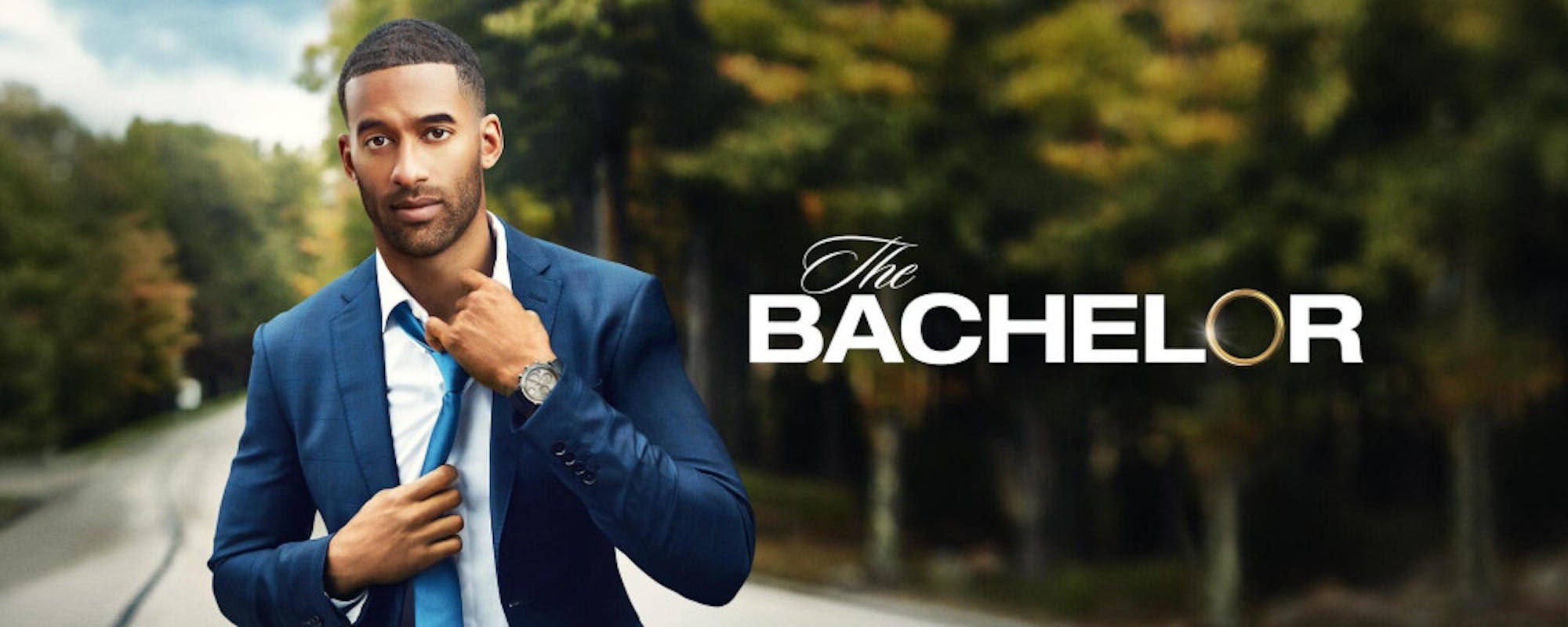When "The Bachelor" (2002–) producers tapped Emmanuel Acho, former NFL linebacker and author of "Uncomfortable Conversations with a Black Man" (2020), to replace"After the Final Rose"hostChris Harrison in the wake of racial controversy, audiences were quick to notice that Harrison’s ghost still loomed large, as he still provided the show’s voiceover. Harrison ‘stepped aside’after he came under fire for defending contestant Rachael Kirkconnell, a white woman who had attended an Antebellum-themed party in 2018. Kirkconnell ended up being Bachelor Matt James' choice at the end of the 2021 season, though the two have since broken up amid the controversy. Many viewers had predicted the split after seeing James’ scraggly beard on the mid-season special, "The Women Tell All."
James still had the beard during the emotional finale, in which Achoposed questions to Kirkconnell about the Antebellum photos, an event that had been banned by Kappa Alpha (the hosting fraternity) in 2016, two years before Kirkconnell participated. Kirkconnell seemed hesitant to speak, and when asked if she was ready to discuss the drama with James, who had been waiting offstage, she gave a nervous laugh and replied, "no." Of course, James joined anyways, and they had a terse conversation about the role Kirkconell's past played in their breakup. Some highlights from James' segment includehis statement that Kirkconnell “might not understand what it means to be Black in America," his refusal to embrace Kirkconnell and an awkward silence so long that it was still going after a commercial break.
James is clearly struggling in the wake of his public debut on national television and subsequent breakup, and his comportment on "After the Final Rose" begs us to consider if "The Bachelor" exploited a Black man’s trauma to seem more "woke." The show’s decision to cast their first Black bachelor was seen by many as a response to criticism about the show’s enduring whiteness — there is an entire Wikipedia page entitled "‘The Bachelor’ and race." Even given all that choosing a Black bachelor seemed to signify, the show continues to be mired in racial controversy and white women’s tears. Monetizing a Black man’s breakdown on national television is hardly a step in the right direction.
Fans, former contestants and critics alike railed against this season as insensitive and (even worse for reality TV producers) boring. However, the most exciting part of any season of “The Bachelor” is when, on "After the Final Rose," the announcement of the next season’s bachelor or bachelorette is made (the show alternates between male and female leads). This season was no different, with fan-favorite Katie Thurston and runner-up Michelle Young set to both lead their own separate bachelorette seasons, with Thurston’s during the summer and Young’s during the fall. Yet one cannot help but feel that the unusual choice of two bachelorettes reeks of damage control on the part of the producers.
While Thurstonwas celebrated by fans for her aversion to drama and her choice of entrance schtick (a working vibrator), the disastrous effects cast by Kirkconnell undoubtedly made the producers a little gun-shy when it came to casting white women.
The program continues to show itsoverwhelmingly white viewership performative "wokeness" rather than make a real effort to properly vet contestants and place more emphasis on the safety and comfort of their Black leads. ABC will likely continue to thrash around in the sea of modern cultural discourse, barely keeping the show’s head above water.






